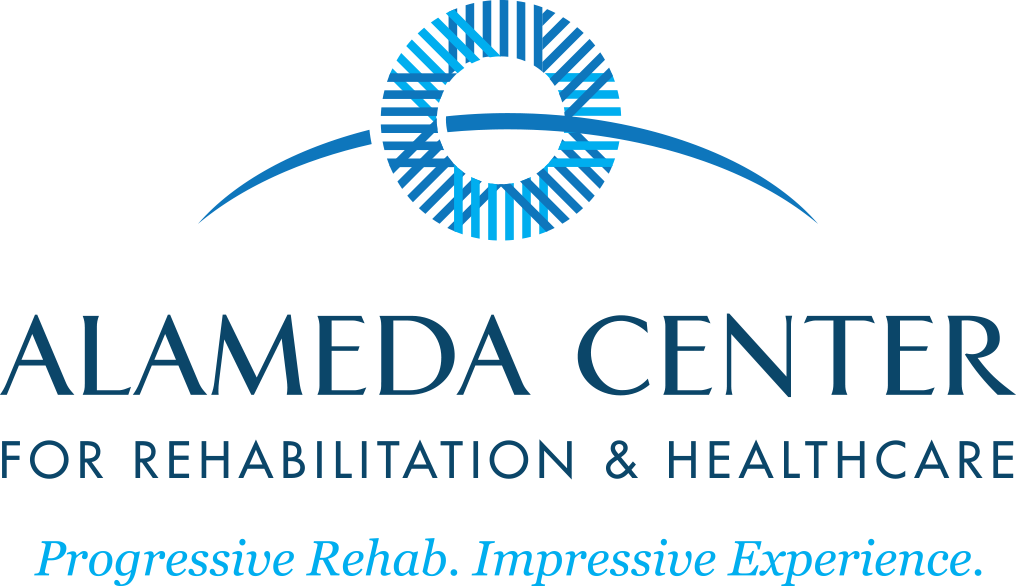Not Enough Medicare Education
The results of a recent survey show that Americans don’t really know a whole lot about Medicare. As “Medicare for all” is becoming a hot-button issue, especially with the Democratic National Primaries coming up, it’s unsettling to imagine that millions of US citizens might be persuaded to have opinions about an issue that they so little understand. We need more Medicare education so people feel empowered and make the right choices about Medicare.
What the survey shows about Medicare education
Some of the results of the survey confirmed that Americans, even those getting close to senior age, know strikingly little about the Medicare system. People know what it is generally, but they don’t know how it applies to their lives, and this can make a difference for people who are getting older, or if it becomes a program for all Americans.
First off, half of the 500 people surveyed thought that Medicare is free. There are free elements of the program, but it is certainly not entirely free. Medicare comes in “parts.” Medicare part A covers hospitalization and stays in skilled nursing facilities, such as the Alameda Center. This part is mostly free, meaning covered through tax money. If a patient needs extra time in a facility, he might need to pay beyond his coverage. Medicare part B covers doctor visits and specialists as well as other aspects of outpatient care. Part C covers medications, and part D is sold through third party insurance companies and can be purchased as an add-on to existing Medicare coverage.
Respondents also thought that Medicare was a part of “Obamacare,” or the Affordable Care Act. 26% said this, and it’s not at all the case. Medicare has been around for over 40 years, although there have been changes made to it, and ACA allowed for something called Medicare Expansion, which states have the option of going into.
41% of those surveyed over the age of 54, who are heading toward Medicare, thought that they’ll get automatically enrolled. This is not true – people have to go to enroll through their local Social Security center, and if they don’t enroll at the right time, they may face penalties later.
What’s the truth?
People who apply for Medicare don’t need to know the whole history, but they do need to know what they’re getting themselves into and what their options are. They will not automatically transfer, and if they want supplementary insurance, they’ll have to pay for it. It’s easy to find out all of the information you need from the Medicare website, and many third party insurance programs have information workshops to learn more about the supplementary options.
What is Medicare for all?
There’s a push in Congress to offer free health insurance for all Americans, similar to a socialized program like they have in Canada and the UK. If this happens, and Medicare becomes available to everyone, most of our healthcare will be free, and this option is gaining momentum, especially among progressives and liberal democrats. If one of them is voted into office in 2020, this will likely be on the table, and Medicare education will become even more important.
